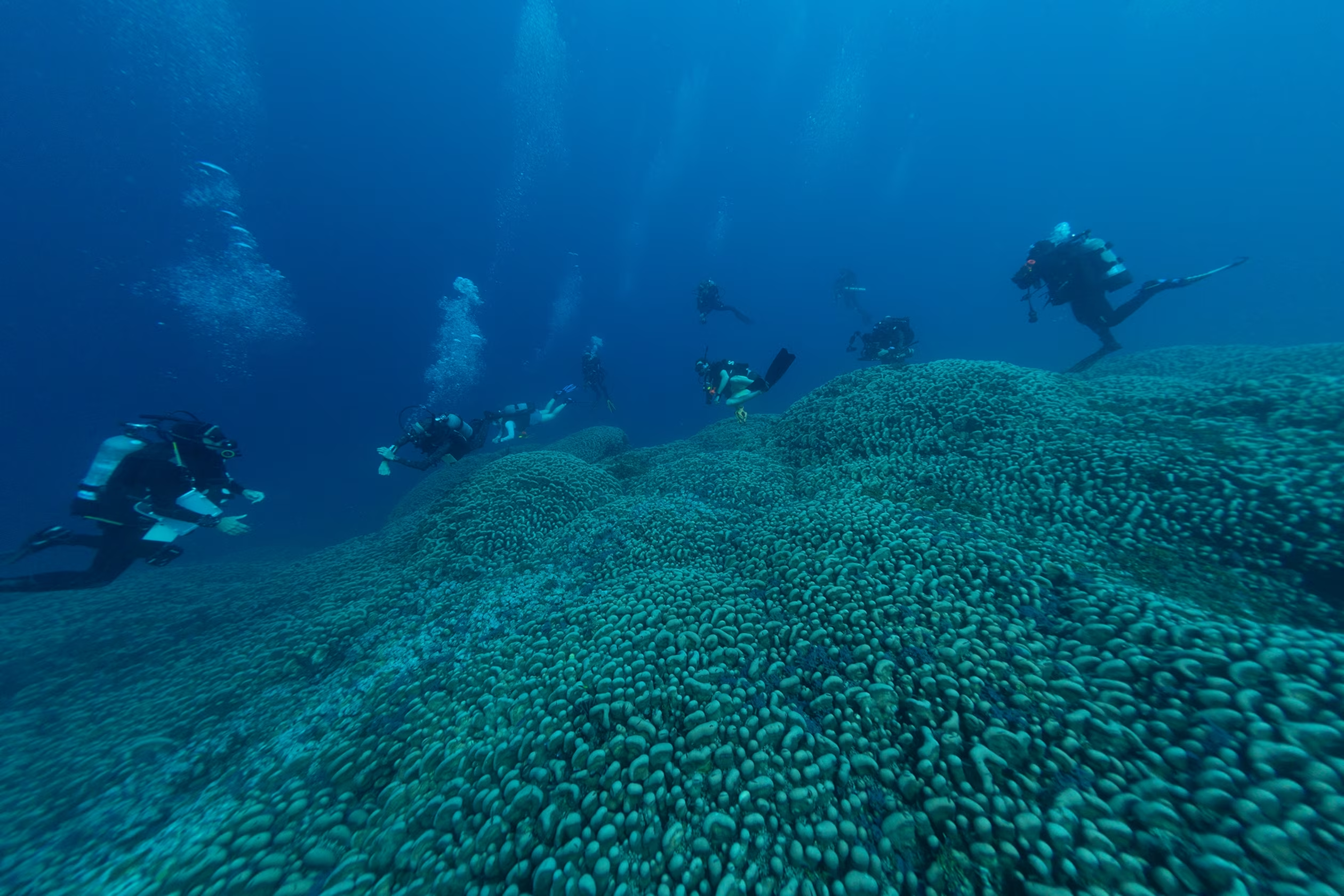
A recent discovery of a massive coral in the Solomon Islands is expected to inspire new conservation efforts in the region, according to Pristine Seas’ Expedition Head, Paul Rose.
In a statement following the find, Rose said, “Making a new discovery of this significance is the ultimate dream of every scientist and explorer, and we are delighted that this mega coral, which will help inspire ocean conservation decision making, was found here in the beautiful Solomon Islands.”
Permanent Secretary of the Ministry of Environment, Climate Change, Disaster Management, and Meteorology (MECDM), Susan Sulu, shared her excitement, saying “This rare and crucial scientific discovery highlights the biodiversity hotspots within our oceans. As stewards of these marine ecosystems, the Solomon Islands remain dedicated to preserving this incredible diversity.”
Sulu added that the expedition’s data would play a vital role in shaping future marine protection strategies.
Pristine Seas’ Lead Scientist on the Solomon Islands Expedition, Molly Timmers, added, “Today I had the privilege of observing a coral even larger than ‘Big Momma,’ previously one of the largest recorded corals located near American Samoa. While ‘Big Momma’ resembles a massive scoop of ice cream, this coral appears like melted ice cream, spreading endlessly across the seafloor.”
Ronnie Posala, Fisheries Officer at the Solomon Islands Ministry of Fisheries and Marine Resources (MFMR), said the coral’s cultural and ecological importance.
“For the Solomon Islands people, this discovery reinforces the vital role our oceans play in sustaining our communities, traditions, and future. It reminds us of our responsibility to protect these natural marvels, not just for their ecological significance but for the livelihoods and identity they sustain.”
This massive coral found at the Three Sister Islands sea in Makira Province spans an area comparable to two basketball courts or five tennis courts. Using both direct measurements and age data from similar coral species in the Pacific, scientists estimate the coral to be between 300 and 500 years old.
Banner Photo: National Geographic Pristine Sea Expedition to Solomon Islands
